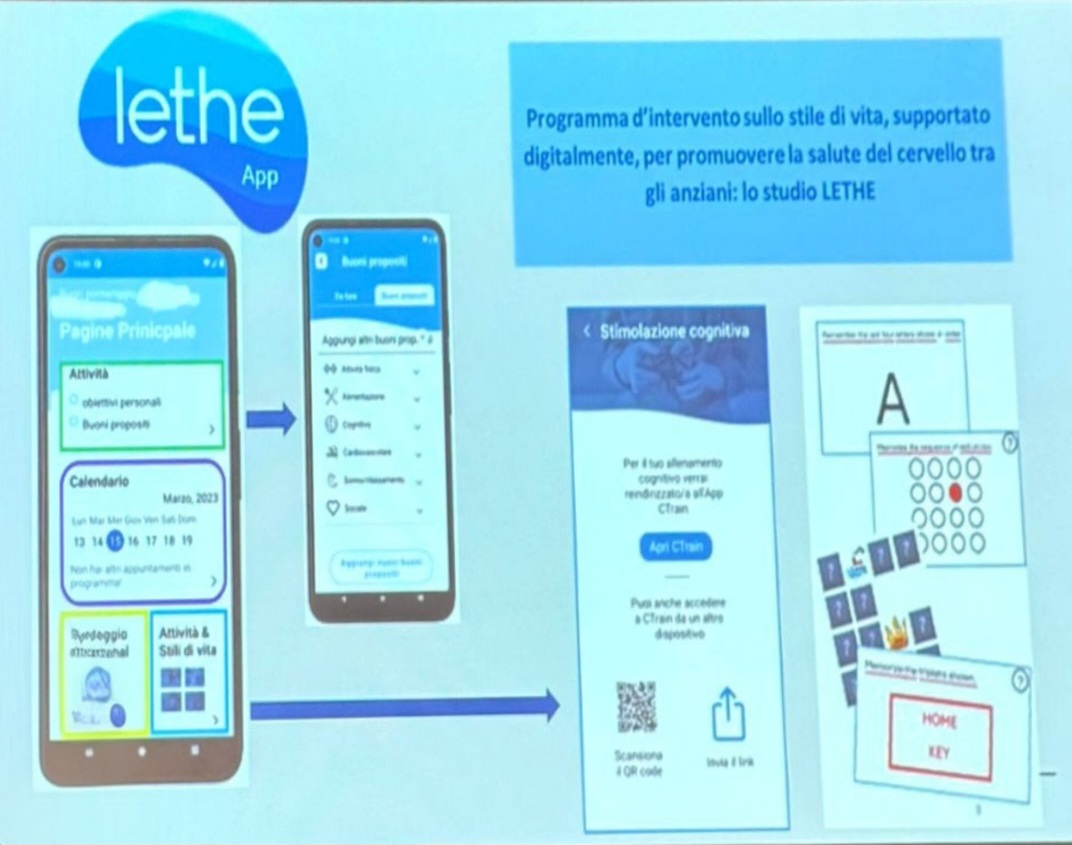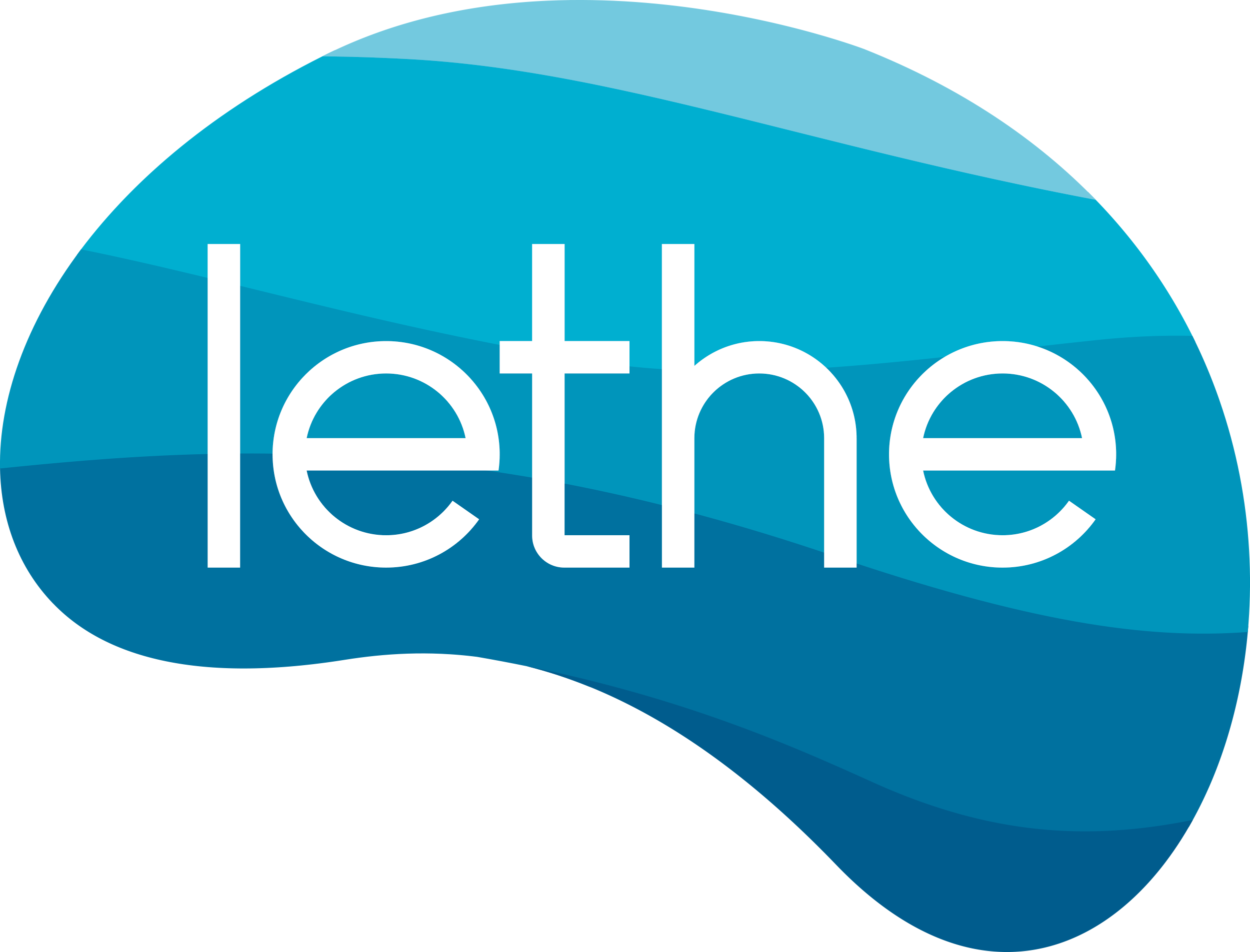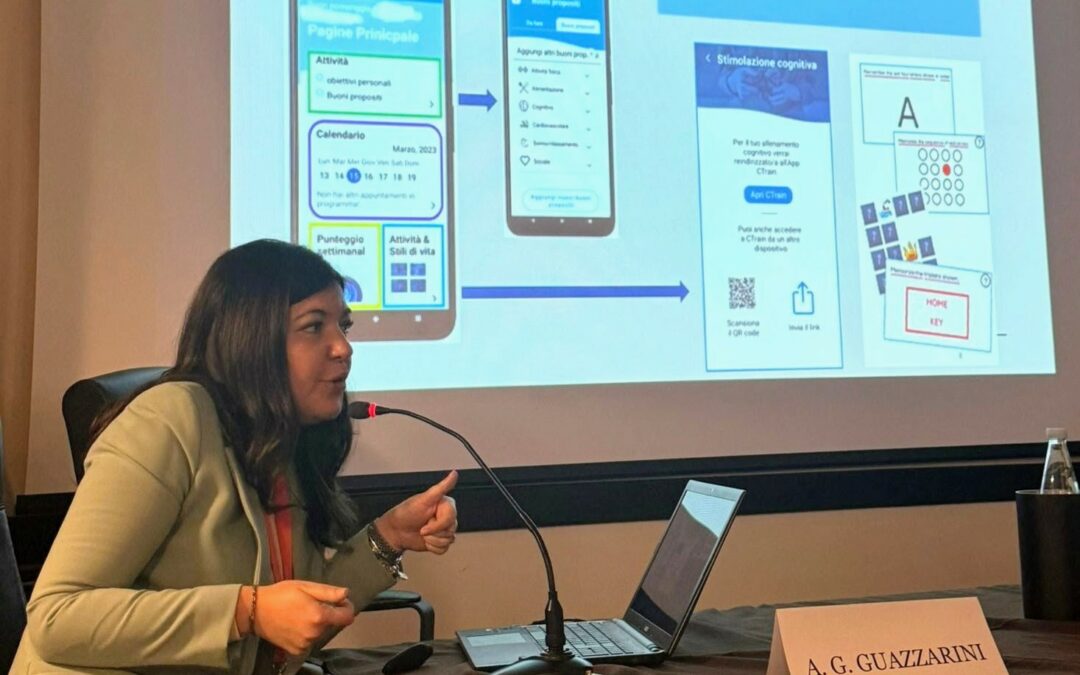On Saturday, November 30, a remarkable event took place in Orvieto focusing on “MCI and Alzheimer: Current Trends and Future Perspectives”. Among the speakers, Dr. Anna Giulia Guazzarini, a member of the Perugia team, delivered an insightful talk on psychosocial interventions and cognitive stimulation. She highlighted how preventing physical and cognitive frailty is one of the most ambitious goals of modern gerontological and geriatric research.
Cognitive stimulation is increasingly recognized as a cornerstone in the prevention and management of cognitive decline, particularly in aging populations. Research has shown that engaging in cognitively stimulating activities can strengthen neural networks, enhance neuroplasticity, and build cognitive reserve, thereby delaying the onset of neurodegenerative conditions like dementia (Collins et al., 2021; Woods et al., 2012; Salthouse, 2006).
The Lethe Project embodies these principles, focusing on preserving cognitive health in older adults who are cognitively intact but present risk factors for dementia. One of the most important parts of the project is the CTrain program, a collection of cognitive training games accessible via the Lethe app. These games are dynamically personalized, adapting to the user’s skill level to provide tailored cognitive stimulation. Updated regularly, the games ensure continued engagement and challenge, optimizing the cognitive benefits for each participant.
Participants are encouraged to “exercise their minds” regularly. This structured training supports neuroplasticity, enhancing mental agility and building resilience against cognitive decline. By fostering these healthy habits, Lethe contributes to the broader goal of preventing dementia and promoting sustained brain health.
As part of cutting-edge research in gerontology, Lethe showcases the importance of holistic approaches in promoting well-being and maintaining both mental and physical vitality in aging populations.



Recent Comments